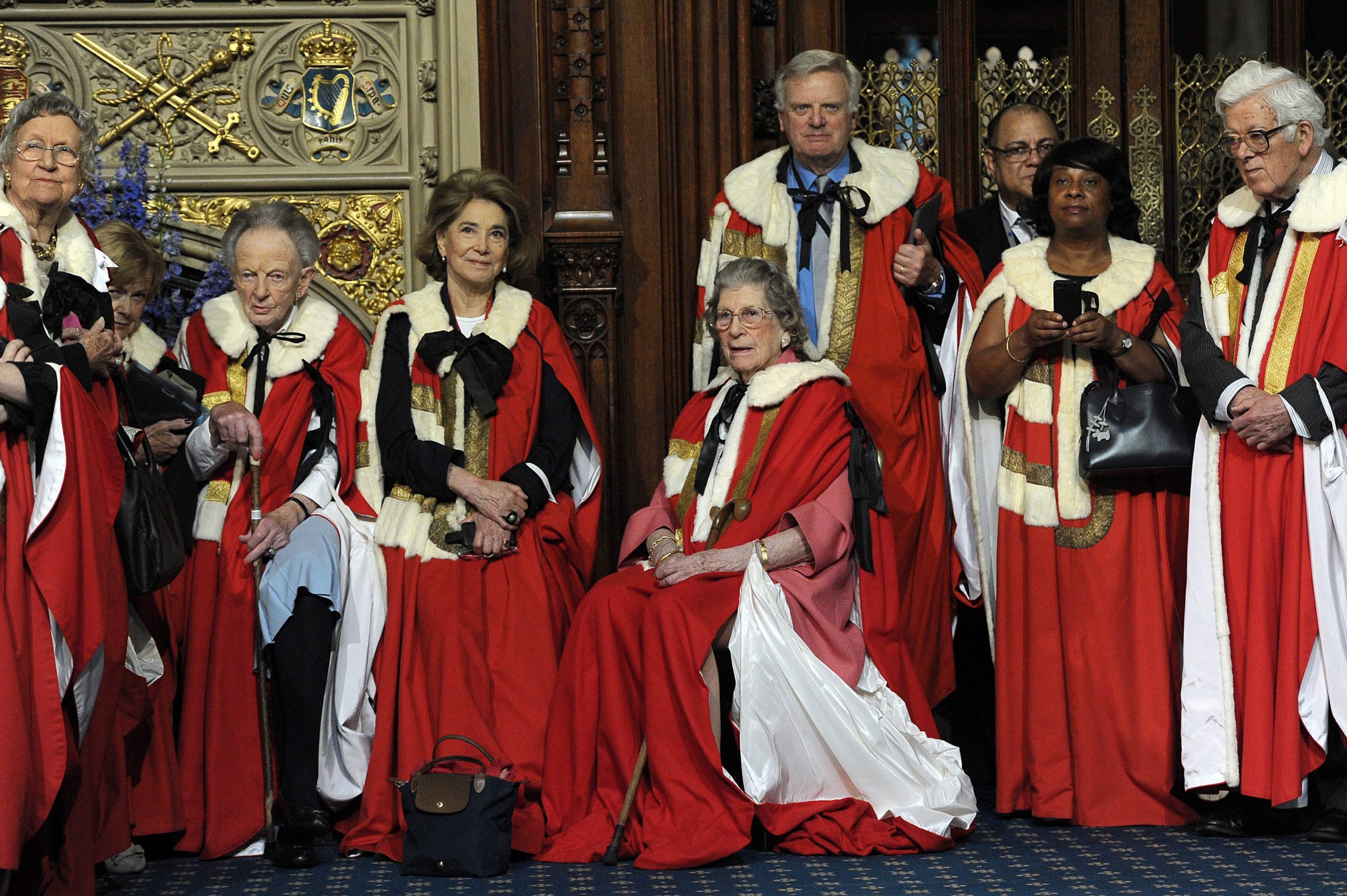
One unanticipated consequence of the UK’s decision to leave the UK has been to take House of Lords reform off the table for the foreseeable future.
Previous governments – most recently the coalition in 2012 – abandoned reform attempts because they threatened to derail their wider plans. Not only is Lords reform contentious, it also soaks up weeks of parliamentary time. With an expected ten to 15 new Brexit-related acts needed on the statute book before the two year Article 50 deadline expires, there will be little space for the government’s other domestic priorities let alone a major task like Lords reform.
Although wholesale reform may be off the table, the problems raised by the Lords’ over-large membership remain.
Nearly every backbench peer wants to make a contribution when a highly significant subject like Brexit is under discussion. But there is only a finite amount of parliamentary time available. This leads to time limits on speeches, sometimes as short as just one minute, restricting the value that any individual – however expert – can add.
Instead of jostling for time, peers should work together, pooling their ideas and nominating expert individuals to present key arguments on behalf of a wider group.
The government intends to use the Great Repeal Bill to give ministers powers to amend existing laws using secondary legislation. The Lords, and the Commons, must ensure their processes for scrutinising secondary legislation are fit for purpose.
Creating and resourcing committees to ensure the most appropriate scrutiny process is used for each piece of secondary legislation (always subject to a lesser degree of scrutiny than primary legislation) will be key to holding the government to account for its use of these powers.
Much of the energy in the House of Lords’ committee system goes into the EU Committee and its six subcommittees. Although scrutiny of the EU will still be necessary once we have left, the current allocation of resource to this task is likely to be disproportionate. Their Lordships need to start thinking now about how to reconfigure their committee system – maximising opportunities for their expertise to benefit government while avoiding overlap with the Commons’ committee system.
Lords reform may be a distant prospect, but Brexit means the upper house’s scrutiny role is more important than ever. Their Lordships must work hard to make the most effective possible contribution to the UK’s exit from and new relationship with the EU.
Dr Hannah White is Director of Research at the Institute for Government.






